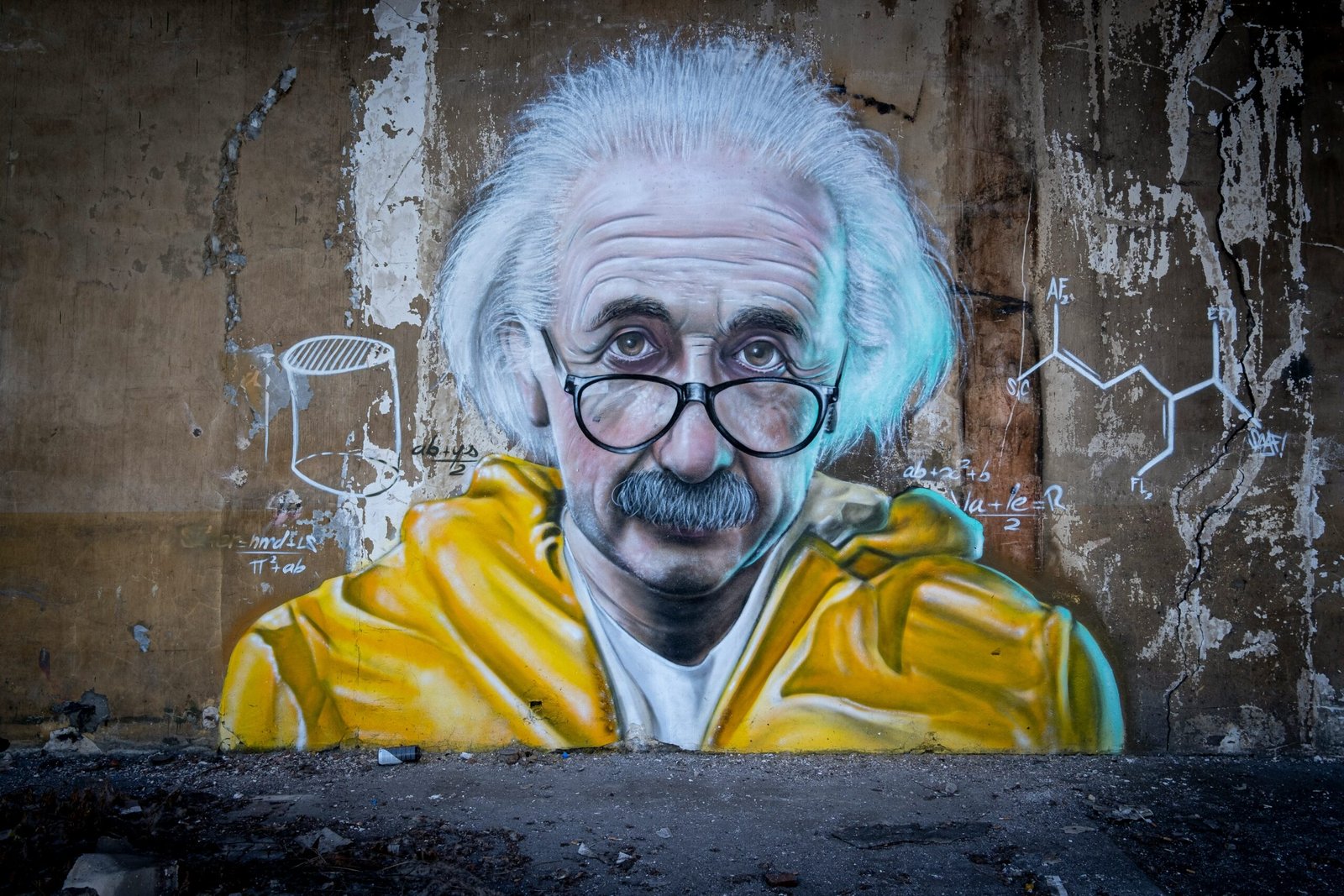Albert Einstein, born in 1879 in Germany, was a German-American theoretical physicist who is widely regarded as one of the greatest scientists in history. Throughout his life, he made monumental contributions to theoretical physics, revolutionizing our understanding of the universe.
Einstein’s most famous theories are the special theory of relativity and the general theory of relativity. In the special theory of relativity, he introduced a groundbreaking concept of time, space, velocity, and energy. He demonstrated that time and space are not absolute and unchanging, but rather are influenced by the relative motion between objects. This theory challenged long-held beliefs and laid the foundation for a new understanding of the physical world.
In the general theory of relativity, Einstein presented a revolutionary explanation for gravity. He proposed that gravity is not a force acting between objects, but rather the curvature of spacetime caused by the presence of mass. This theory provided a profound insight into the nature of gravity and has been confirmed by numerous experiments and observations.
Aside from his work in relativity, Einstein also made significant contributions to quantum mechanics and field theory. His research in these areas further expanded our understanding of the fundamental laws governing the behavior of particles at the atomic and subatomic levels.
In recognition of his groundbreaking work, Einstein was awarded the Nobel Prize in Physics in 1921 for his discovery of the law of the photoelectric effect. This discovery, which demonstrated the particle-like nature of light, laid the foundation for the development of quantum mechanics.
However, Einstein’s impact extends beyond the realm of science. He was not only a brilliant scientist but also a political activist and a prominent public figure. Throughout his life, he advocated for peace, social justice, and human rights. He actively spoke out against war and violence, and his efforts to promote disarmament and international cooperation earned him widespread admiration.
Einstein was also involved in the Zionist movement and supported the establishment of the state of Israel. He believed in the importance of a Jewish homeland and used his influence to raise awareness and support for the Zionist cause.
Albert Einstein’s legacy is profound and far-reaching. His comprehensive vision of the universe and his innovative interpretations of physical phenomena have made significant contributions to the development of scientific and human thought in general. His theories continue to shape our understanding of the fundamental laws of nature, and his advocacy for peace and justice serves as an inspiration for generations to come.
